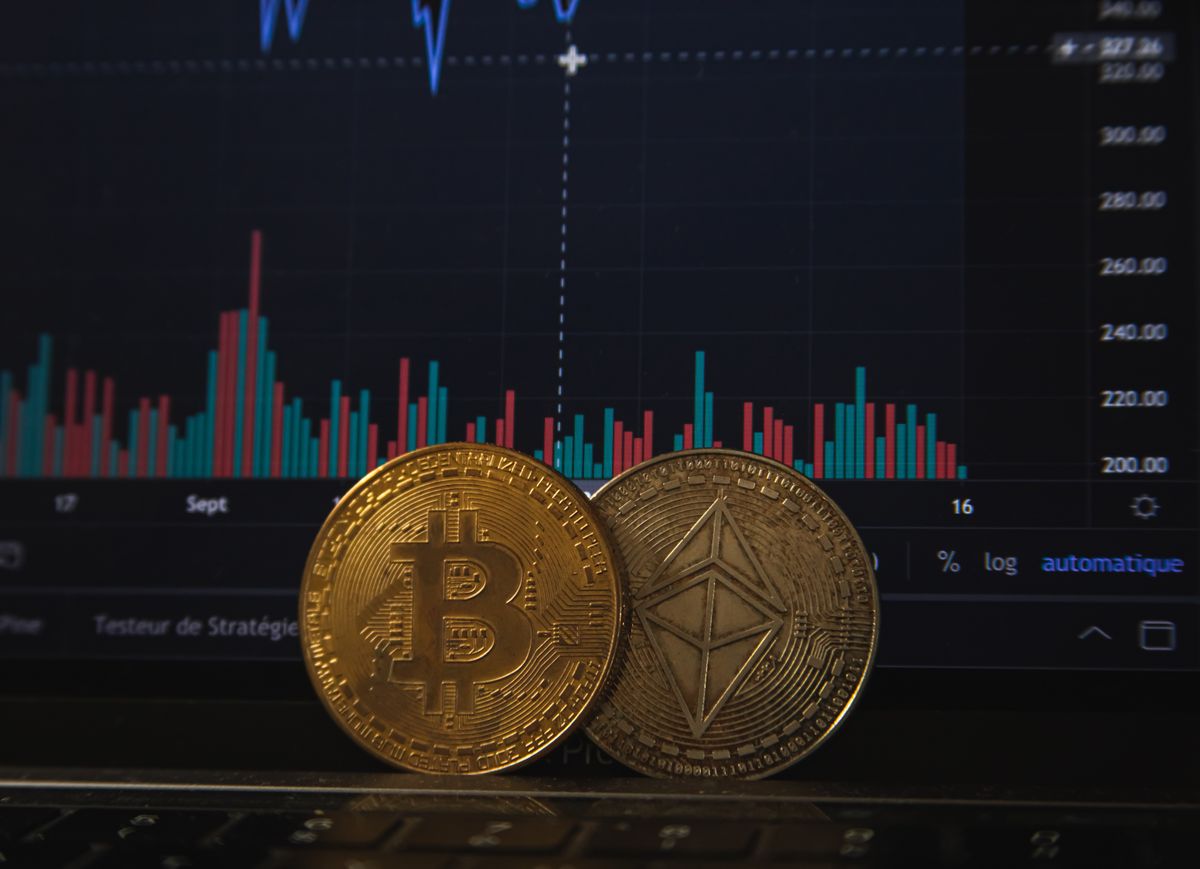The Web 3.0 future
What it looks like when the future is like the 90s

Neal Stephenson once wrote a novel titled The Diamond Age.
I must have read this back in 1999 or 2000. A long time ago, when I wasn't much more than a geeky teenager blinded by the optimism of the 1990s. I still remember a lot of it because it was so prophetic.
That novel takes place in a weird future out of an anarcho-libertarian fever dream.
All the old nation-states are gone. They've been replaced by a system of tribes, which anyone can join with an application and the proper fees.
There's a weird legal system which is built around economic cooperation. People live in overlapping jurisdictions... they actually have different laws according to who you are instead of where you are.
They've got advanced nanotechnology, stuff that lets them build almost anything out of carbon atoms – hence the book's title.
Wild stuff, all of it. Definitely a pump to the imagination.
One of these changes is super-relevant to our world right now.
What killed off all the nation-states?
Bitcoin.
Sure, he doesn't call it Bitcoin since the book was written at least 15 years before Satoshi Nakamoto cooked up that concoction.
Plus, Bitcoin doesn't quite have the strong encryption needed to pull off what Stephenson plotted.
In the story, cryptographically secure currencies, untraceable by the feds, made it impossible to collect tax revenues. Without a source of funding, the bloated bureaucracies of the major nations all collapsed on themselves.
A more organic form of social life, organized around social preferences and economic transactions, replaced them.
Now that part is much more believable. The point of the blockchain is not anonymity – it's to have a secure and unhackable ledger that requires no trust in a third party.
If you remove the need for a trusted intermediary, you can do all kinds of things with people you don't know and even have never met.
Personally, I'm bullish on blockchains and cryptocurrencies. I think we're only seeing the beginning of an explosion comparable to what the internet did to society. If not an even bigger transformation.
Blockchain represents a powerful and IMO as yet untapped potential for social coordination.
Besides the distributed and secure blockchain networks, there's two other keystone technologies making major leaps:
- Artificial Intelligence
- Augmented reality
AI is a big-deal topic right now. It covers so much ground that it's impossible to give an overview.
If you're thinking of AI as a giant computer in an underground vault plotting the destruction of mankind, you're 30 years behind the times.
AI isn't even about building artificial persons. Machines that think like a human are passe in 2021.
AI mostly worries about building intelligent thinking tools. Humans do some of that... but we also know (say the eggheads) that our kinds of minds are wired up with all kinds of evolutionary junk. We aren't objective, neutral, passionless reasoners. We get emotional, we are clouded by biases and delusions.
Long-time readers know that I don't think this is a bad thing. There's more to life than being a perfect logical reasoner.
The naturalists who see people as brains... brains as genes... and genes as the blind outcome of eons of warfare... they've have managed to transform the exceptional human spirit into an unexceptional thinking machine in a forest of possible thinking machines.
But there's no denying that the stuff that makes us human comes with major downsides.
Anyway, the point of AI tools is to "offload" cognitive tasks to machines that do them better than we can.
Think of a pocket calculator. It effortlessly crunches numbers that baffle even the most intelligent non-savant humans.
The point of AI isn't to construct a self-moving agent with free will. The AI field wants to construct lots of different specialized tools that can do things humans aren't good at. They want to build 'smart tools' that can take meaning and solve it like a math problem.
Machines that can understand our intentions and work with us.
The optimistic future has humans collaborating with machine tools with complementary skill-sets.
The dystopian future... well, turn on the Netflix.
This is the part that I'm cagey about. The tools meant to work for us have a way of shaping – and limiting – the field of possibilities.
You know that old saying "If you've got a hammer, everything looks like a nail"?
Smart [sic] phones have this effect. See what they've done to our attention spans and our social realities.
Now imagine that, but instead of holding a hammer, it's wired into your brain and making choices so that you don't have to. Like having Siri whispering into your brain with algorithmic recommendations. Selecting your thoughts and emotional states like a helicopter parent picking out your clothes for the day.
Like I've said before, "you" won't still be you once this stuff really gets off the ground. The power to understand the brain at the level of neurons, combined with AI and invasive surgery, could mark the end of homo sapiens as we've existed.
I hope it won't get to that point. I suspect it's a long way off, if ever... but the trend with these Web 3.0 technologies points that direction.
Anyway. I'm not here to be a downer on all that's happening. There's a lot of potential here for the individualist with an entrepreneurial spirit to do good and great things, too.
This move away from Big Centralized Platforms to smaller, tightly-knit and organic communities built on decentralized tech – including payments and financial transactions – is one way that's happening.
With that we're also seeing the social norms shift back to where they were c. 1999, where personal ownership and privacy are more important than open sharing.
All good signs.
Just be on your guard.
Like this article? – You'll get to read all the member-only posts if you join us.
Want to leave a comment? You'll need to join us inside the the private rogue planet community.
Members can discuss this article over at the rogue planet zone on SocialLair.

